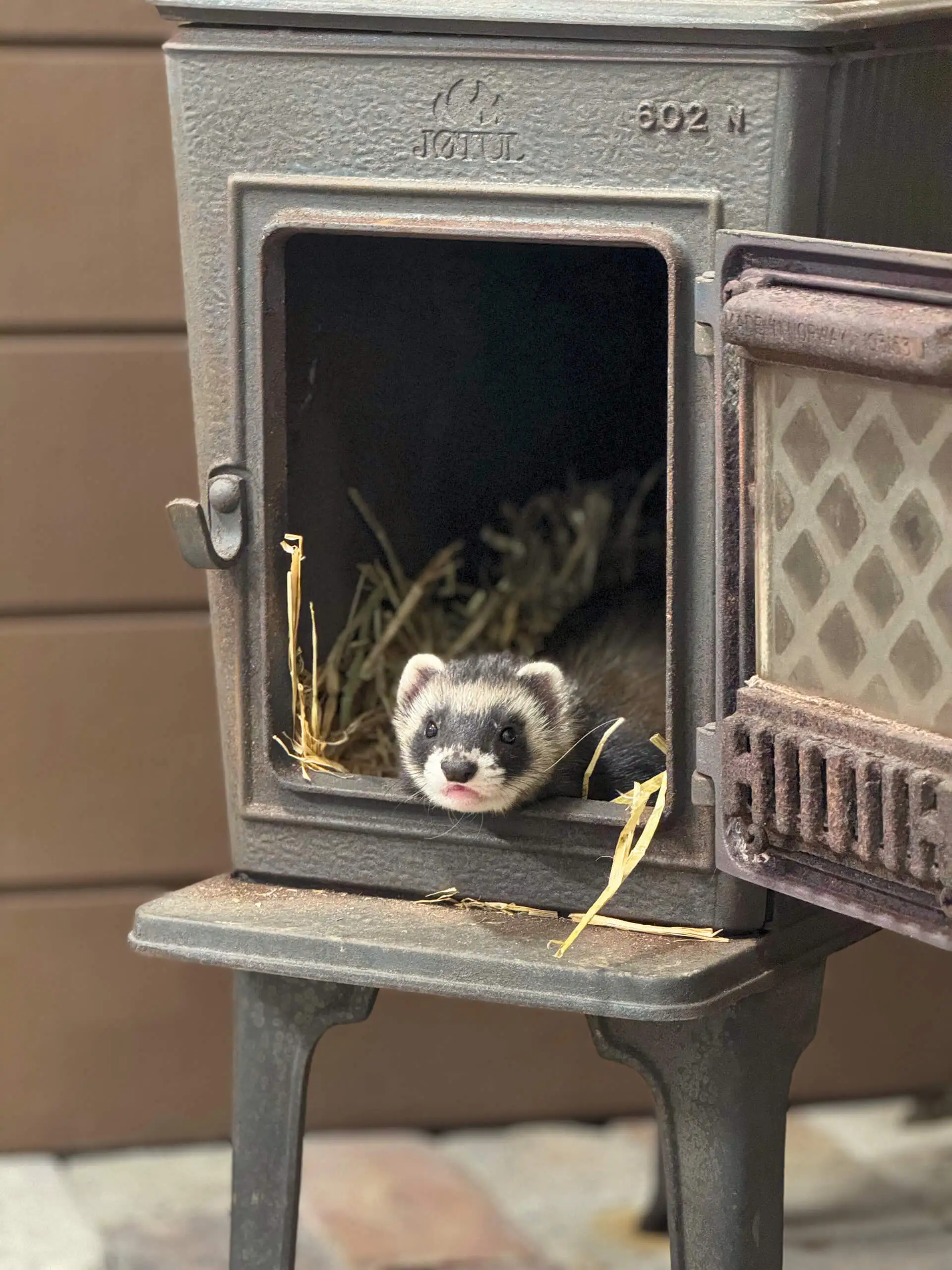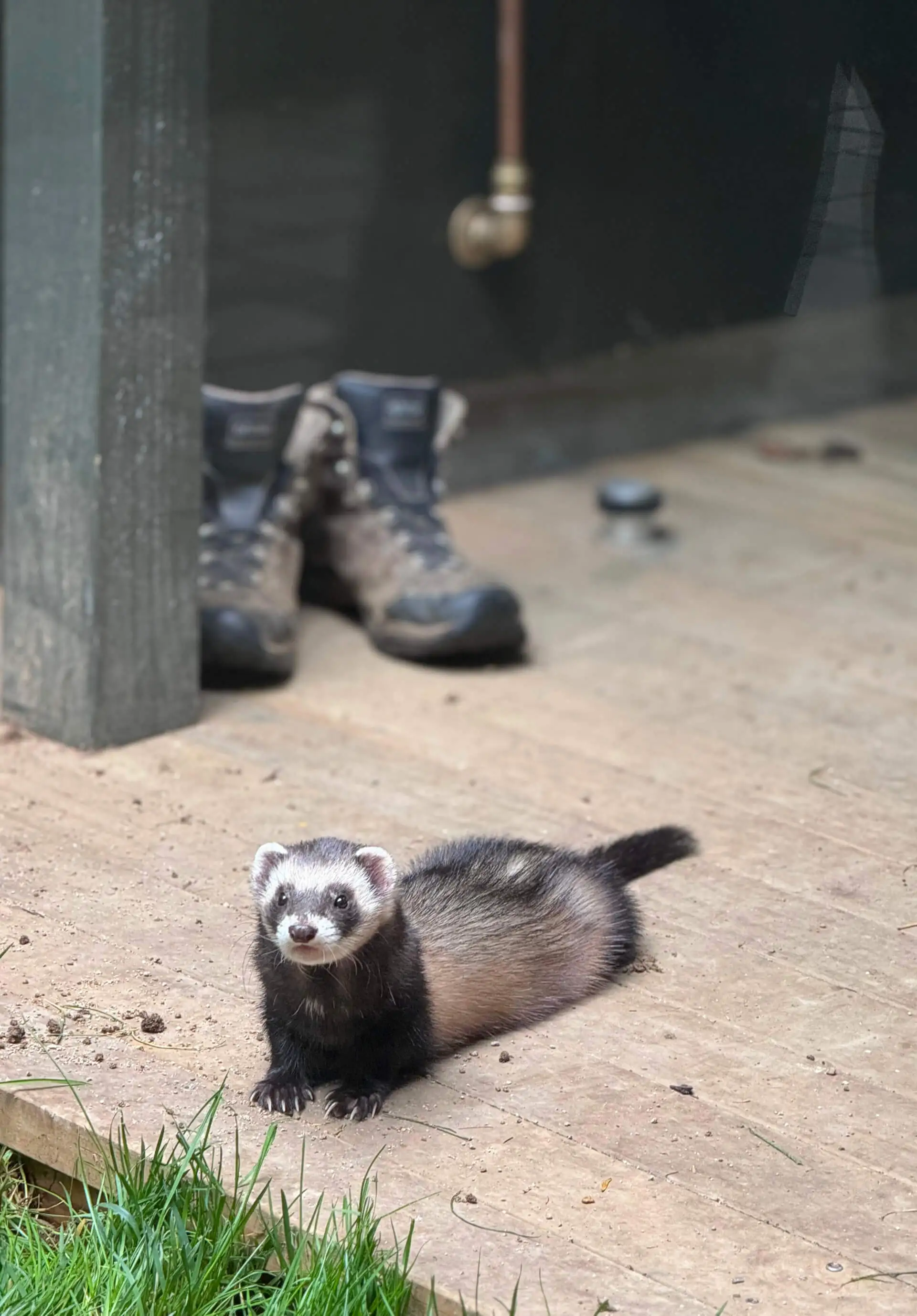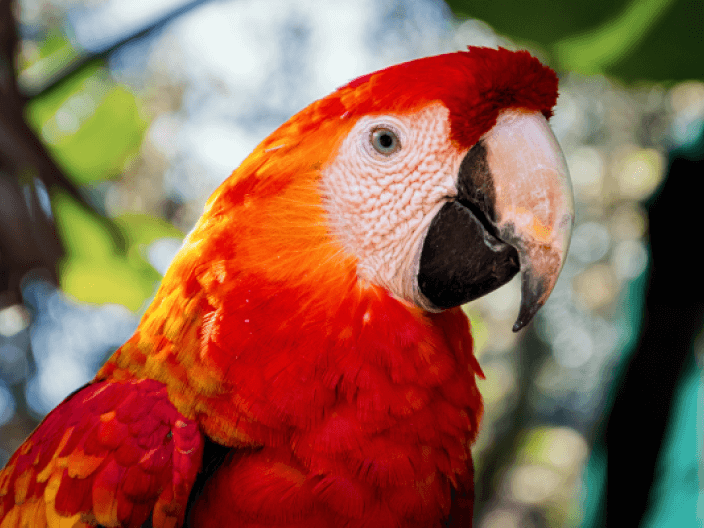
A new enclosure open now at Hamilton Zoo will underline the importance of managing pests to protect native species. Designed in the style of a classic tramping hut, the New Zealand Pest Exhibit is home to three ferrets, which are classified as introduced predators in Aotearoa.
"This enclosure will be a fantastic educational piece for visitors where they can see first-hand the importance of keeping pests away from native species, " says Dr Baird Fleming, Hamilton Zoo Director.
Hamilton Zoo has obtained a permit from the Department of Conservation to keep ferrets for conservation and educational purposes. All three ferrets on display were wild-caught. The enclosure has the potential to accommodate different pest species over time, such as possums and rats.
"It's important for us to find the balance between vilifying and promoting pests. We recognize the harm they cause to our native species and the efforts required to manage them in the wild,” said Dr Fleming.
"However, it's essential to understand that these pest species are simply acting on their natural behaviour in the wrong environment, preying on native species."
The three ferrets now residing at Hamilton Zoo have already made significant contributions behind the scenes. Their faeces have been collected and sent to the Department of Conservation to aid in scent-training pest control dogs. This training allows the dogs to become familiar with the scent, enabling them to effectively track ferrets in the wild.

The interpretive and educational components of the enclosure were made possible through the generous support of the Gallagher Charitable Trust.
The New Zealand Pest Exhibit is now open at Hamilton Zoo.
Hamilton Zoo at Te Kaaroro Nature Precinct is open 9:30am - 4:30pm daily. Closed 25 December.

Ferrets were first brought to New Zealand in 1879 to curb the rabbit population. From 1882 to 1886, almost 5,000 ferrets and ferret-polecat hybrids were released. They were initially protected by law because of their rabbit-controlling abilities, but the protection was lifted in 1936.
In the 1980s, there were ferret farms to produce fur, but once those closed down, the ferrets either escaped or were set free, causing even more harm to native habitats.
In 2002, a new law was passed banning the sale, distribution and breeding of ferrets.

Stay in the loop
Sign up for our newsletter today!
Sign up to receive regular exciting updates, animal profiles, and exclusive offers straight to your inbox. Don't miss out on the latest zoo news and events!